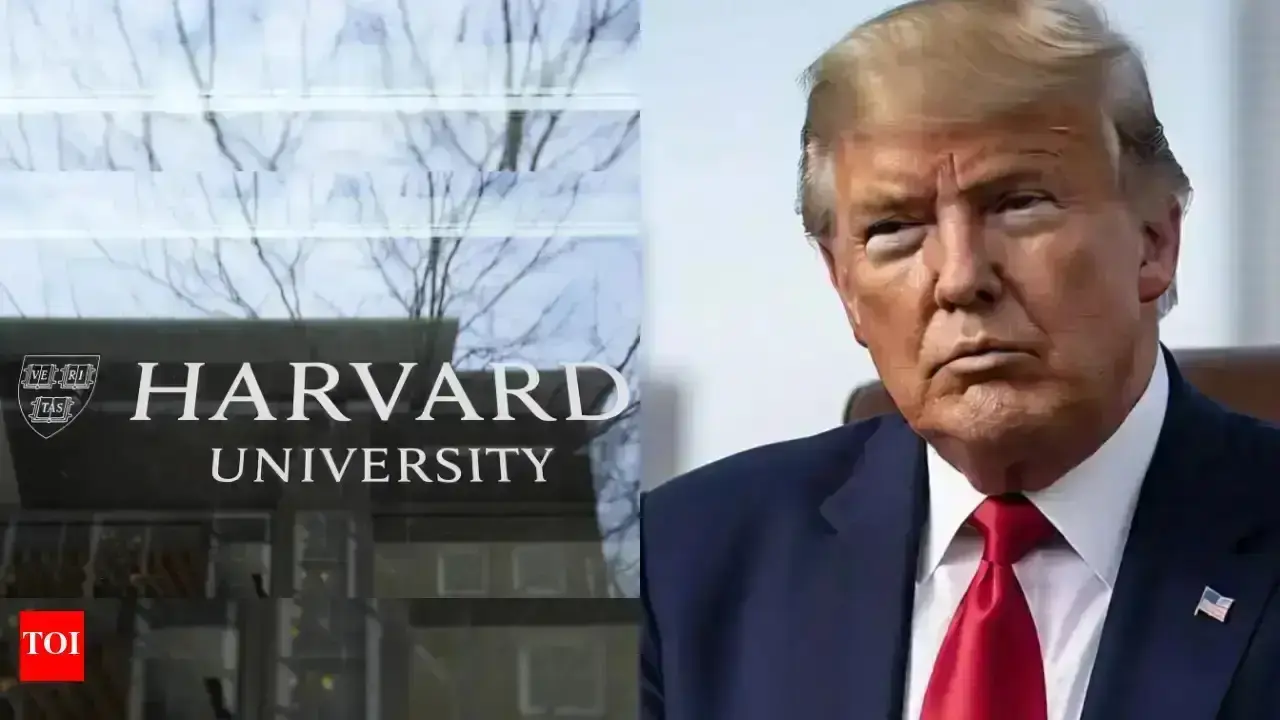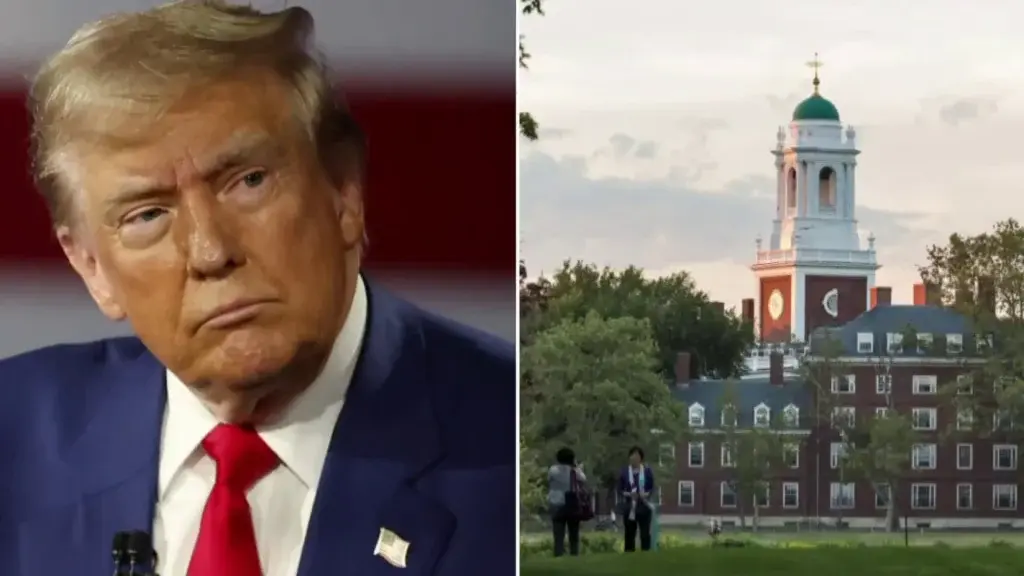In a dramatic turn of events, a federal judge has blocked the Trump administration’s attempt to revoke Harvard University’s ability to enroll international students, delivering a significant blow to the administration’s escalating campaign against the Ivy League institution. On Friday, U.S. District Judge Allison Burroughs issued a temporary restraining order, halting the Department of Homeland Security’s (DHS) abrupt decision to terminate Harvard’s certification under the Student and Exchange Visitor Program (SEVP). This ruling, coming just hours after Harvard filed a lawsuit in Boston federal court, ensures that nearly 6,800 international students—over a quarter of Harvard’s student body—can remain enrolled, at least for now.

The Trump administration’s move, announced on Thursday, May 22, 2025, was described by DHS Secretary Kristi Noem as a response to Harvard’s alleged failure to address antisemitism and its refusal to comply with demands for extensive records on foreign students’ conduct. The administration accused Harvard of fostering “anti-American, pro-terrorist agitators” and coordinating with foreign entities, claims the university vehemently denies. Harvard’s lawsuit argued that the revocation was a “blatant violation” of the First Amendment, retaliating against the university for refusing to surrender its academic independence. The policy, if enforced, would have forced thousands of students to transfer or face deportation, disrupting academic programs and threatening Harvard’s global reputation.
Judge Burroughs, an Obama appointee, agreed that Harvard would face “immediate and irreparable injury” without the restraining order. The decision pauses the DHS’s action until a hearing on May 29, 2025, where the court will consider a preliminary injunction. Harvard President Alan Garber called the ruling a “critical step” to protect the university’s international community, emphasizing that these students, hailing from over 140 countries, are integral to Harvard’s mission. The university’s complaint highlighted the financial and academic toll, noting that international students, who often pay full tuition, contribute significantly to the institution’s $8.2 billion endowment.
 The ruling has sparked intense reactions. On platforms like Threads, students and alumni celebrated the decision, with some calling it a “victory for academic freedom.” However, the White House dismissed the lawsuit as “frivolous,” with spokesperson Abigail Jackson asserting that “unelected judges” cannot override the administration’s immigration and national security policies. Meanwhile, international students like Leo Gerden from Sweden expressed relief but braced for a prolonged legal battle. The uncertainty has left many, including Princess Elisabeth of Belgium, a current Harvard student, in limbo as they await clarity on their visa status.
The ruling has sparked intense reactions. On platforms like Threads, students and alumni celebrated the decision, with some calling it a “victory for academic freedom.” However, the White House dismissed the lawsuit as “frivolous,” with spokesperson Abigail Jackson asserting that “unelected judges” cannot override the administration’s immigration and national security policies. Meanwhile, international students like Leo Gerden from Sweden expressed relief but braced for a prolonged legal battle. The uncertainty has left many, including Princess Elisabeth of Belgium, a current Harvard student, in limbo as they await clarity on their visa status.
This clash is part of a broader feud between Trump and Harvard, including a $2.65 billion freeze in federal grants and threats to revoke the university’s tax-exempt status. Critics, including former Harvard President Lawrence Summers, called the ban “madness,” warning of damage to America’s global influence. As the legal fight continues, Harvard’s stand against what it calls a “campaign of retribution” underscores the high stakes for academic freedom and international education in the U.S.






